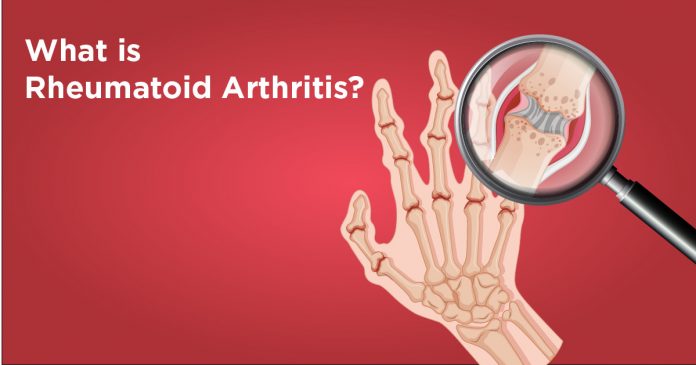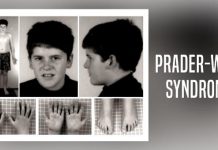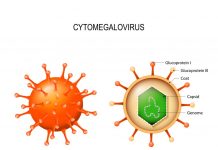Rheumatoid arthritis is two to three times more common in women then men. It often begins between the ages of 40 -60. The cause of rheumatoid arthritis is unknown. Rheumatoid arthritis is an autoimmune disease. This means the body’s natural defense system attacks the joints. The disease also runs in families.
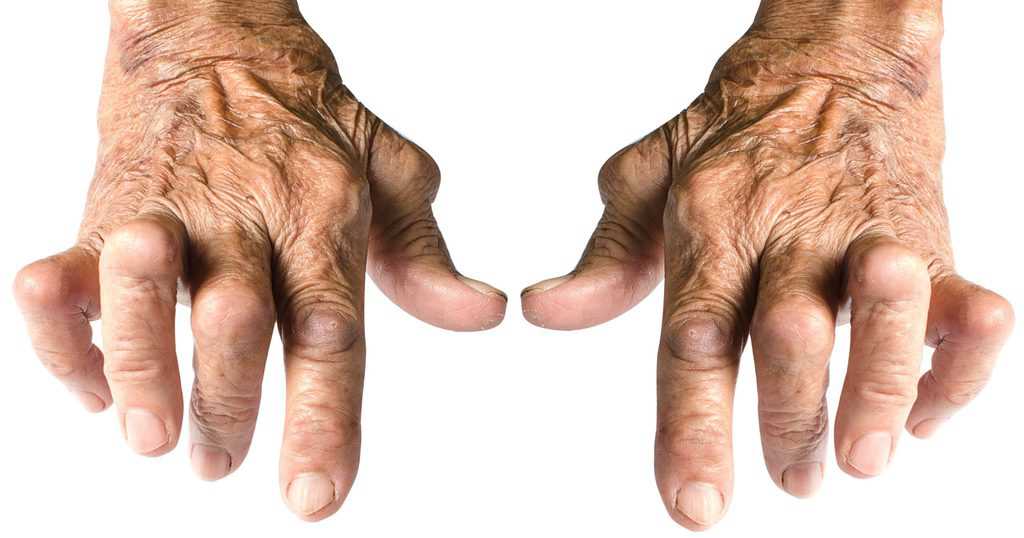
Symptoms of Rheumatoid Arthritis
The main symptoms are joint pain, stiffness, and swelling in the joints of the hands and wrist, elbows, feet ankles, knees or neck. The disease also affects both sides of the body at the same time. It may also affect your eyes, lungs, heart, nerves and blood vessels.
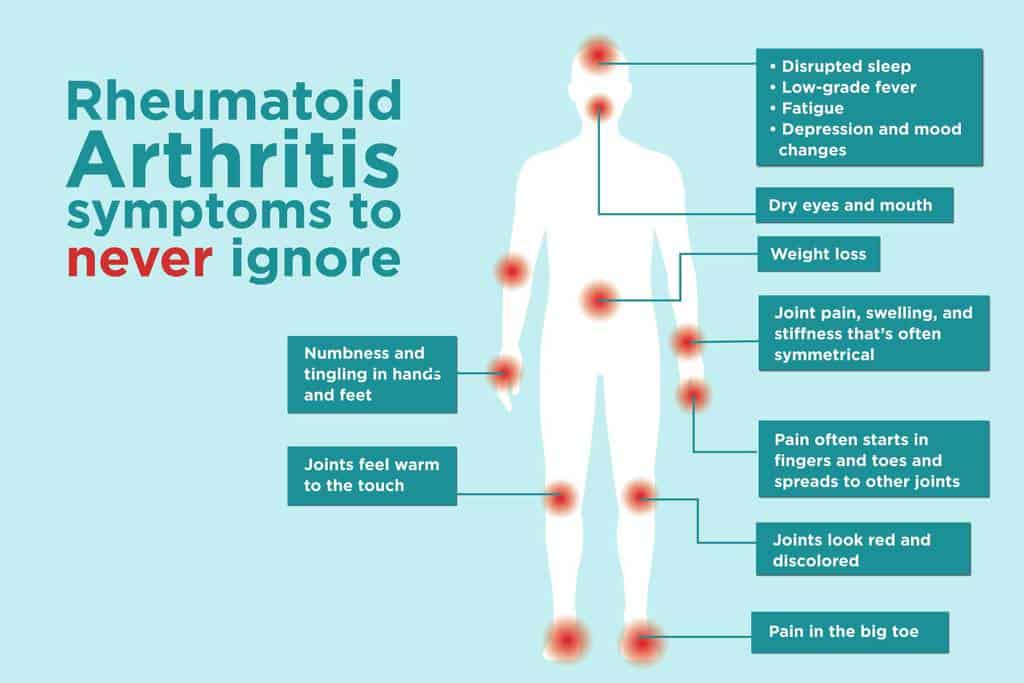
Sometimes rheumatoid arthritis can cause bumps called nodules to form over the knuckles, spine, over the lower legs and elbows. Replacement may be needed for knee or hip, if let go for a period of time or not diagnosed.
There is no single test for rheumatoid arthritis. The doctor will look over your joint for signs of tenderness and swelling. You may have an X-ray and blood test and other test to see if there is something causing your joint pain.
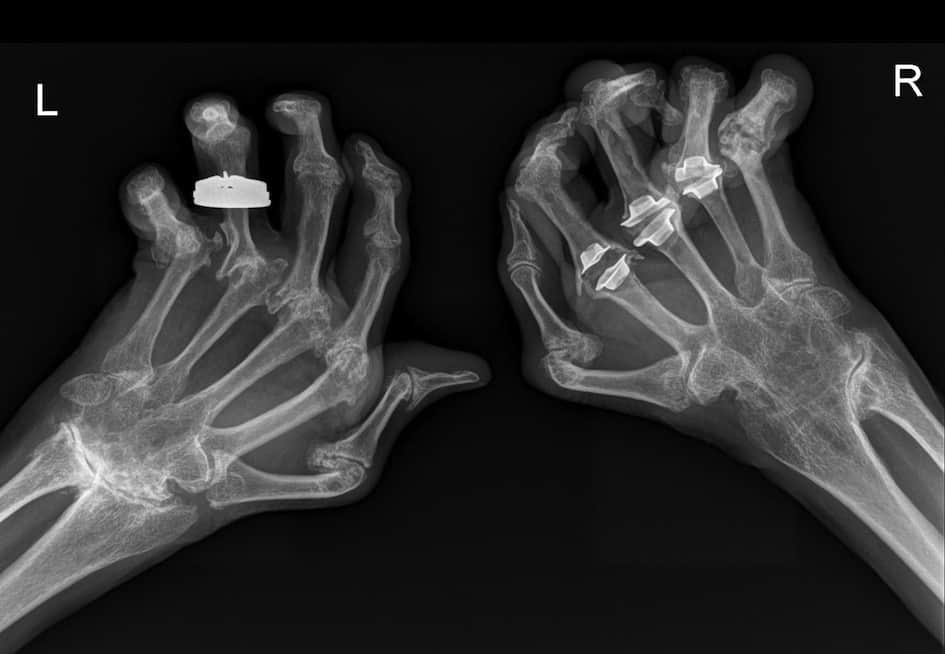
There is no cure for rheumatoid arthritis but there are treatments to help relieve symptoms and control the disease. Treatment will continue for life. Treatments include lifestyle changes, medicines and exercise. These are some of the test doctors use to check for rheumatoid arthritus.
Tests to Determine (RA)
- complete blood count (CBC)
- erythrocyte sedimentation rate (ES)
- C-reactive protein
- rheumatoid factor (RF)
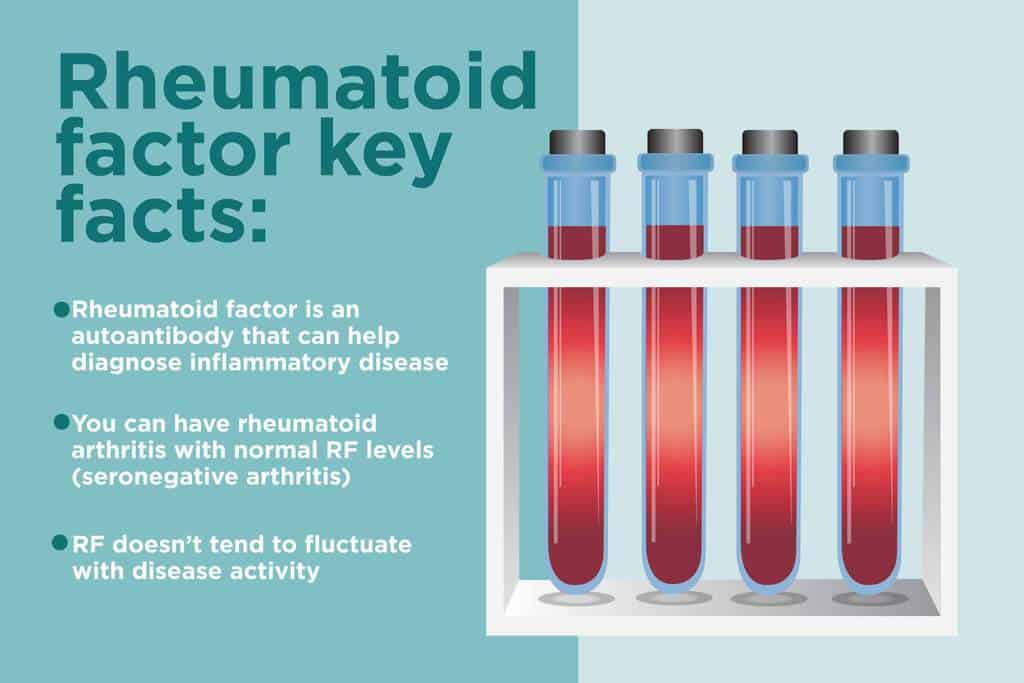
- antinuclear antibody assay (ANA)
- joint fluid analysis
- tissue type (human leukocyte antigen) test
- X-rays
- kidney function
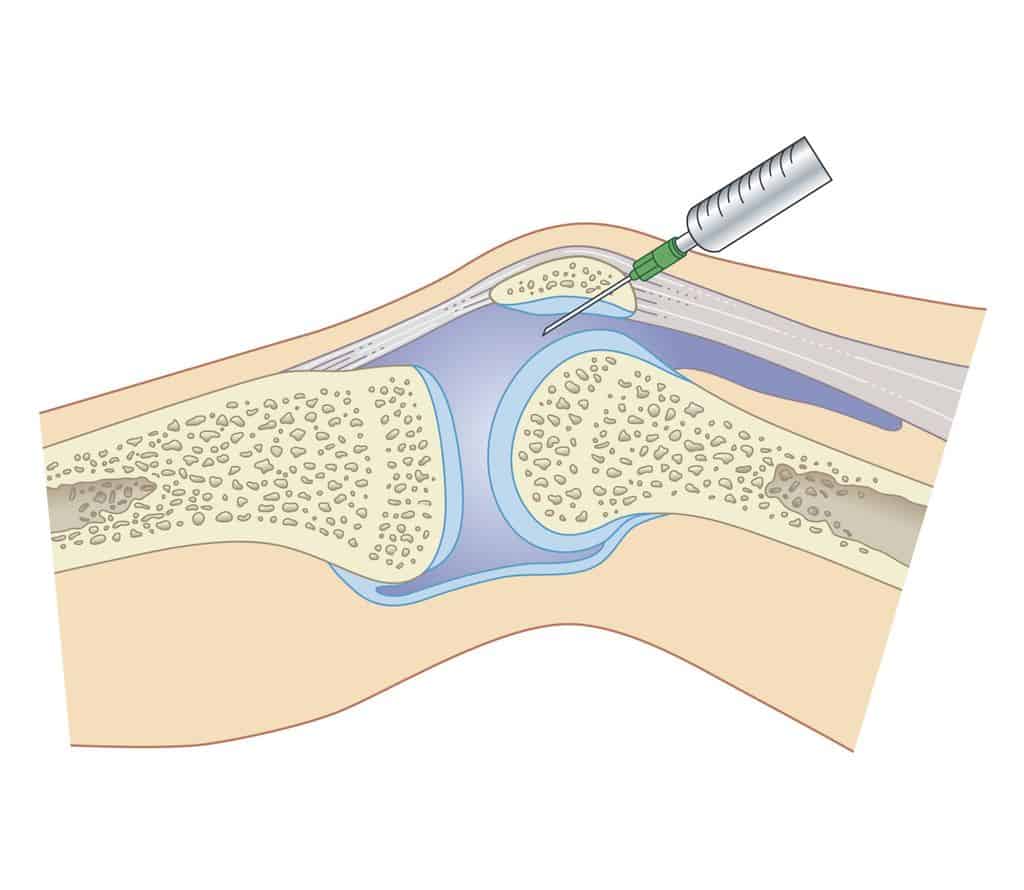
- liver and muscle enzyme
- bone density test
- eye examination test
Living with Rheumatoid Arthritis
The course of rheumatoid arthritis is hard to predict. If the disease progresses, joint pain will restrict your ability to grip and effect daily activities, even to a point that person can become permanently disabled.
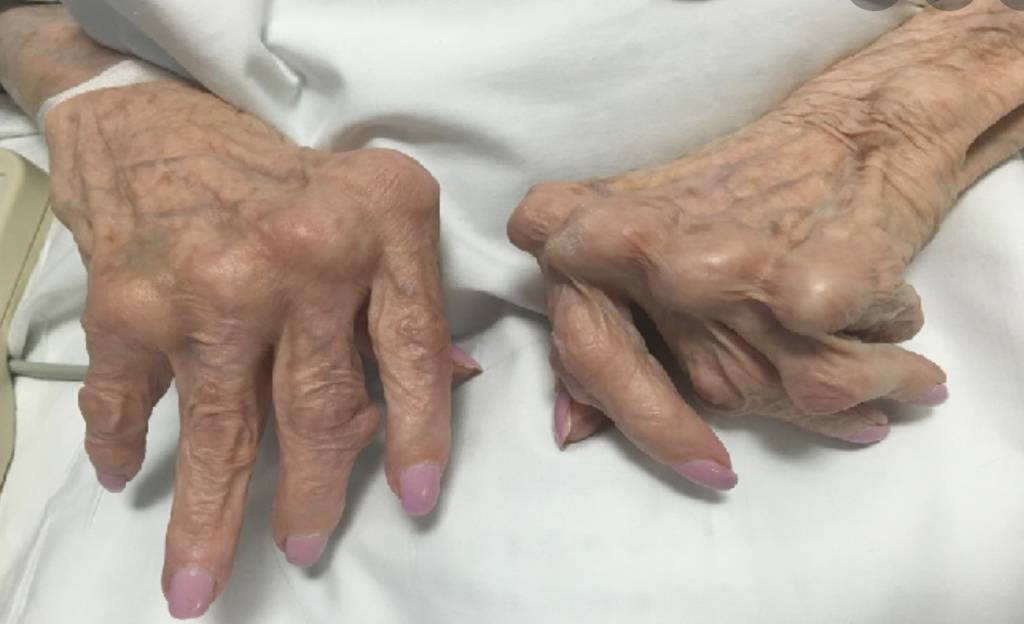
In rare cases the condition can go into a remission on its own but more likely it could go into a partial remission with the help of treatment, and some of your symptoms will be improved.
In most cases, rheumatoid arthritis does not affect a woman’s ability to become pregnant.
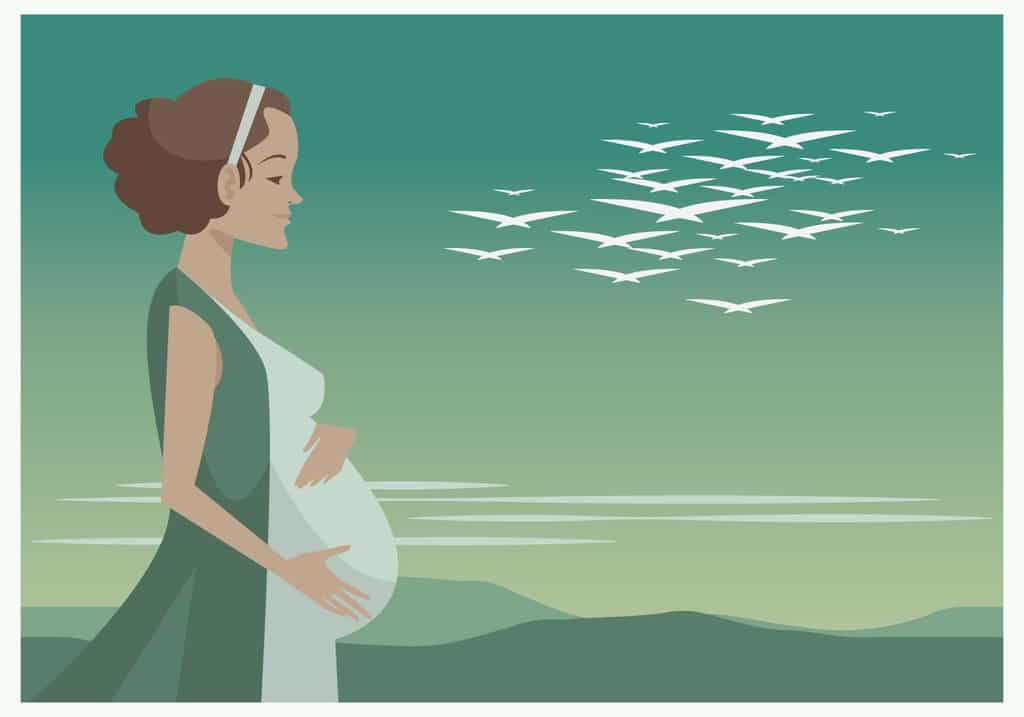
Other organs in a small number of cases can be affected by rheumatoid arthritis. In severe cases, the heart, lungs, skin, nerves and eyes could be affected. It also common for people with the disease to have depression. Some people with rheumatoid arthritis need to stop working.

Studies have show that joint damage occurs in people with the disease during the first two years because of irreversible joint damage, treatments need to start right away Early detection an treatments can prevent the joint damage from coming on with the help of Disease Modifying Ant-Rheumatic Drugs (DMARDs).

Exercise, physical therapy, anti-immflamatory drugs, eating a balance diet and keeping your weight down will improve quality of life and help control and offset significant joint damage and relieve and reduce pain.
There are surgical and alternative procedures available and information on the web and professional organizations available for help with disease.
For more information, take a look on Rheumatoid Arthritis video:


